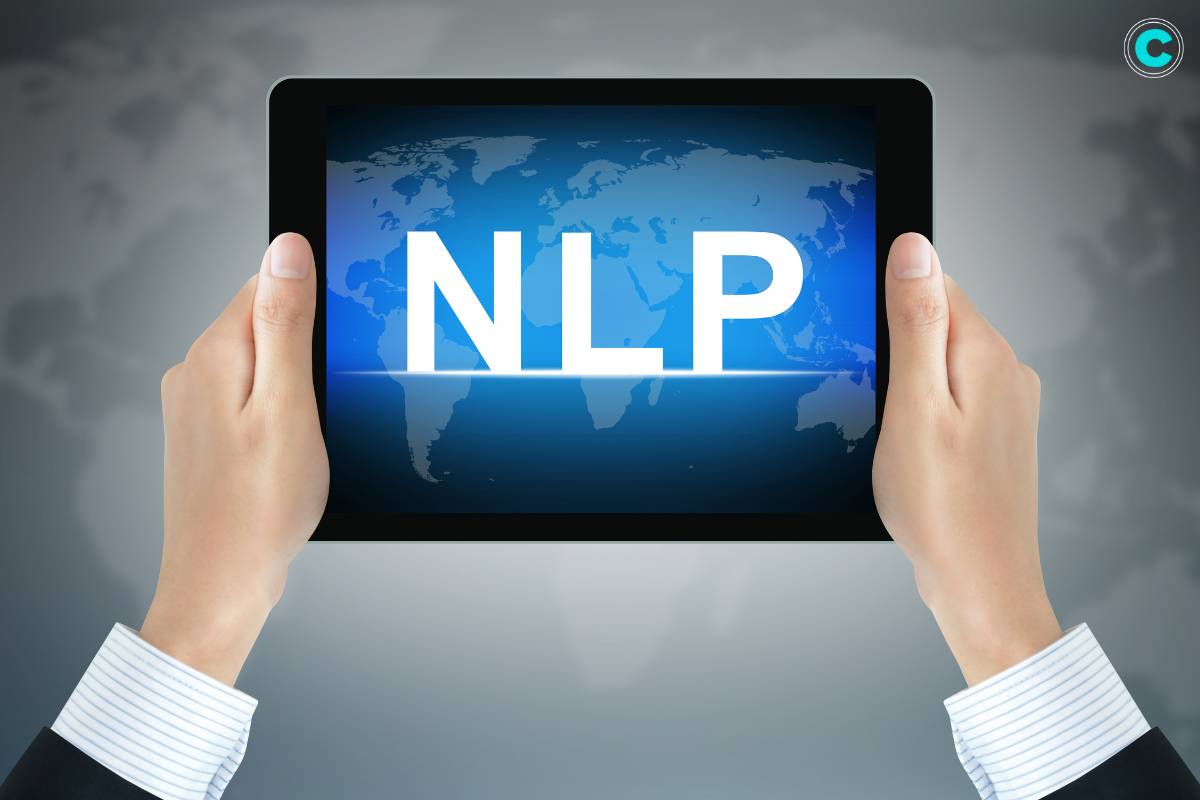In today’s digital age, the realm of technology constantly pushes boundaries, paving the way for revolutionary advancements. Among these breakthroughs, one particularly fascinating field gaining momentum is Natural Language Processing (NLP). It refers to the ability of computers to understand, interpret, and generate human language in a way that is both meaningful and contextually relevant. This article aims to shed light on the intricacies of NLP, its applications, and its significance in various sectors.
What is Natural Language Processing (NLP)?
Natural Language Processing, often abbreviated as NLP, is a branch of artificial intelligence (AI) that focuses on the interaction between computers and humans through natural language. It involves teaching computers to understand, interpret, and generate human language in a manner that is both meaningful and contextually relevant.
How does Natural Language Processing work?
At its core, it employs a combination of computational linguistics, computer science, and AI algorithms to analyze and decipher human language. Through techniques such as statistical modeling, machine learning, and deep learning, NLP systems learn to recognize patterns, extract information, and derive meaning from vast amounts of textual data.
What are the applications of Natural Language Processing?

It finds application across a wide array of industries and domains. Some common applications include:
1. Virtual Assistants and NLP
Virtual assistants like Siri, Alexa, and Google Assistant have become increasingly popular in recent years. These virtual assistants utilize Natural Language Processing (NLP) to understand user queries and respond with relevant information.
NLP is a subfield of artificial intelligence that focuses on the interaction between computers and human language. It enables machines to understand, interpret, and generate human language in a way that is meaningful and useful. Virtual assistants leverage NLP to process and analyze user queries, extracting the intent and meaning behind the words. This allows them to provide accurate and relevant responses to user queries.
2. Text Analysis and NLP
NLP is also used for text analysis, which involves analyzing and extracting insights from large volumes of text data. This can be particularly useful in various applications such as sentiment analysis, topic modeling, and text summarization.
Sentiment analysis involves determining the sentiment or emotion expressed in a piece of text. NLP techniques can be used to analyze customer reviews, social media comments, and other text-based data to understand the sentiment toward a product, service, or brand. This information can be valuable for businesses to gauge customer satisfaction and make informed decisions.
Topic modeling is another application of NLP that involves identifying and extracting topics from a collection of documents. By analyzing the words and patterns in the text, NLP algorithms can automatically categorize documents into different topics, allowing for easier organization and retrieval of information.
Text summarization is the process of generating a concise summary of a longer piece of text. NLP techniques can be used to analyze the content and extract the most important information, enabling the creation of summaries that capture the key points of the original text.
3. Machine Translation and NLP
NLP plays a crucial role in machine translation systems, which enable the automatic translation of text from one language to another. These systems use NLP algorithms to analyze the structure and meaning of the source language and generate an equivalent translation in the target language. Popular examples of machine translation systems include Google Translate, which relies on NLP techniques to provide accurate translations.
4. Chatbots and NLP
Chatbots are another application of NLP that leverages natural language understanding and generation to engage in natural conversations with users. Chatbots can understand user queries, provide assistance, answer questions, and even facilitate transactions. They are designed to simulate human-like conversations and provide a seamless user experience. NLP enables chatbots to understand the intent behind user queries and generate appropriate responses, making them valuable tools for customer support and interaction.
5. Information Retrieval and NLP

NLP techniques are employed in search engines to enhance the search experience and retrieve relevant information in response to user queries. By analyzing the words and context of the query, search engines can understand the user’s intent and retrieve the most relevant documents or web pages. NLP algorithms also play a role in ranking the search results based on their relevance to the query.
Why is Natural Language Processing important?
It holds immense significance in today’s digital landscape for several reasons:
- Enhanced User Experience: By enabling computers to understand and process natural language, NLP enhances user interactions with technology, making interfaces more intuitive and user-friendly.
- Automation and Efficiency: NLP automates various tasks involving textual data, thereby improving efficiency and productivity across industries.
- Insight Generation: NLP facilitates the extraction of valuable insights from unstructured textual data, empowering organizations to make data-driven decisions.
- Language Accessibility: NLP-driven translation and interpretation tools break down language barriers, fostering communication and collaboration on a global scale.
- Innovation and Advancement: NLP drives innovation in fields such as healthcare, education, finance, and more, fueling progress and discovery.
Challenges and Limitations of Natural Language Processing
Despite its vast potential, it also faces several challenges and limitations, including:
- Ambiguity: Human language is inherently ambiguous, posing challenges in accurately interpreting context and meaning.
- Language Variability: Languages exhibit variations in dialects, slang, and expressions, making it challenging for NLP systems to generalize across diverse linguistic contexts.
- Data Quality and Bias: NLP models rely heavily on training data, and biases present in the data can lead to skewed outcomes and discriminatory results.
- Complexity of Syntax and Semantics: Parsing and understanding the intricate nuances of syntax and semantics in natural language remains a complex task for NLP systems.
- Privacy and Ethics: The widespread use of NLP raises concerns regarding privacy, data security, and ethical considerations surrounding issues such as surveillance and data misuse.
Future Trends in Natural Language Processing

Looking ahead, several emerging trends are poised to shape the future of NLP, including:
- Multimodal NLP: Integration of multiple modalities such as text, speech, and images to enhance the capabilities of NLP systems.
- Continual Learning: Adoption of continual learning techniques to enable NLP models to adapt and evolve over time, accommodating changes in language and context.
- Ethical AI: Greater emphasis on ethical AI practices to address biases, fairness, and accountability in NLP applications.
- Conversational AI: Advancements in conversational AI to create more human-like interactions and personalized experiences.
- Domain-Specific NLP: Tailoring NLP models to specific domains and industries to improve performance and accuracy in specialized applications.
FAQs
1. What is Natural Language Processing (NLP)?
- It is a branch of artificial intelligence (AI) that focuses on enabling computers to understand, interpret, and generate human language in a manner that is both meaningful and contextually relevant.
2. How does NLP work?
- NLP utilizes a combination of computational linguistics, computer science, and AI algorithms to analyze and decipher human language. Techniques such as statistical modeling, machine learning, and deep learning are commonly employed in NLP systems.
3. What are the applications of Natural Language Processing?
- It finds application in virtual assistants, text analysis, machine translation, chatbots, information retrieval, sentiment analysis, and more.
4. Why is Natural Language Processing important?
- NLP enhances user experience, automates tasks, facilitates insight generation, breaks down language barriers, and drives innovation across various industries.
5. What are the challenges of Natural Language Processing?
- Challenges in NLP include ambiguity in language, variability across languages and dialects, data quality and bias, complexity of syntax and semantics, and ethical considerations regarding privacy and fairness.
Conclusion:
Natural Language Processing stands at the forefront of technological innovation, revolutionizing the way we interact with machines and harnessing the power of human language for myriad applications. As NLP continues to evolve and mature, its impact on society, business, and everyday life is set to grow exponentially, ushering in a new era of intelligent communication and collaboration.






